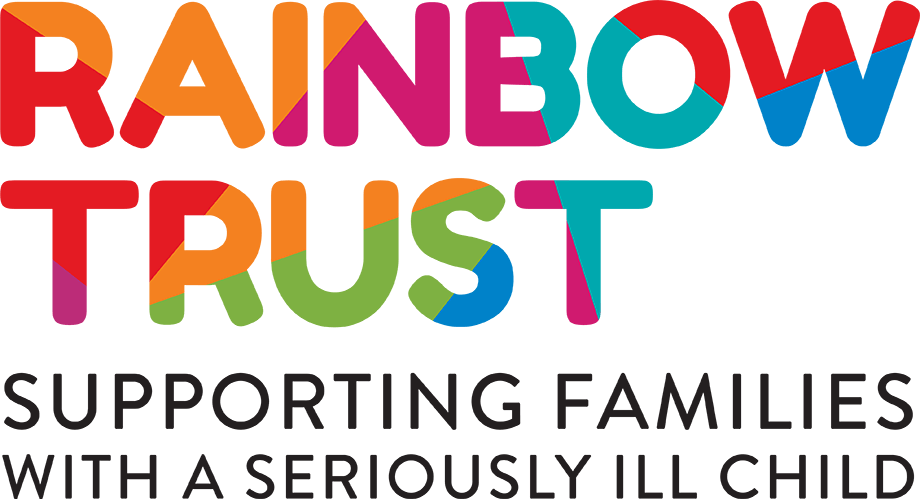Date published: 19 March 2015 by Anna Jackson
Finding out that your child has a potentially life threatening illness can be a devastating experience for any family. Parents find themselves in a very different world, often surrounded by an array of new professionals all talking at them in language that is not often accessible – add into this mix the fact that their child is a new born baby, often born prematurely, and the stress of the situation can become magnified.
If the baby has been born prematurely and/or with complex health needs, often the baby is taken straight from the parents to the neonatal intensive care unit – it may not have been possible for the new parents to see, let alone, hold their child before the specially trained medical staff kick into action. It may be that the mother is recovering from surgery so the new father may be the first parent to see the baby while also having anxieties about the health of his partner. Neonatal intensive care units can be frightening and bewildering places at first – the baby seems so tiny amongst large pieces of equipment all needed to sustain life and help babies get stronger. Any thoughts that the parents had prior to birth can be challenged by a baby whose appearance can be so different from expected.
Parents often describe a sense of ‘suspended parenting’ – they can feel helpless and removed from the care of their baby. Family members may not know how to respond to the birth, particularly if the baby is undergoing intensive treatment and therefore, the usual cards and balloons of congratulations are absent from the bedside leaving parents feeling isolated and unsure of their status as new parents.
Practical issues can seem insurmountable – many units do not allow brothers and sisters to visit – child care can become a pressing issue while parents struggle to know where they should be spending their time and energy – getting to know their new baby or caring for their other children who, in keeping with any child that has become a big brother or sister, may be acting out and resentful of the time that the new baby is taking. Transport to and from the hospital can be problematic particularly if the mother has had a caesarean section and is unable to drive – babies being cared for at a neonatal intensive care unit may be many miles from the family home making public transport difficult and tiring for a new mother.
As professionals working to support these families, it is so important that we ‘look beyond the incubator’ and consider the wider impact on the family and mobilise additional support to help. Above all, we need to remember that the baby is a longed for addition to the family – as a father said to me ‘the only thing that we can do for our son at the moment is to give him his name – and now people don’t even use it.’ We should!
Rainbow Trust is currently piloting a professional and independent neonatal family support service. Working with Chelsea and Westminster Hospital in London this new service helps families cope with the pressures and complexities of having a new born baby in intensive care. This project is funded by donation from the generous public.
References:
Fowlie PW & H McHaffie (20040 ‘Supporting parents in the neo natal unit’ BMJ 329:1336-
Hall EOC & BS Brinchmann (2009) ‘Mothers of pre-term infants: Experiences of space tone and transfer in the neo natal care unit’ Journal of neonatal nursing 15:129-136

